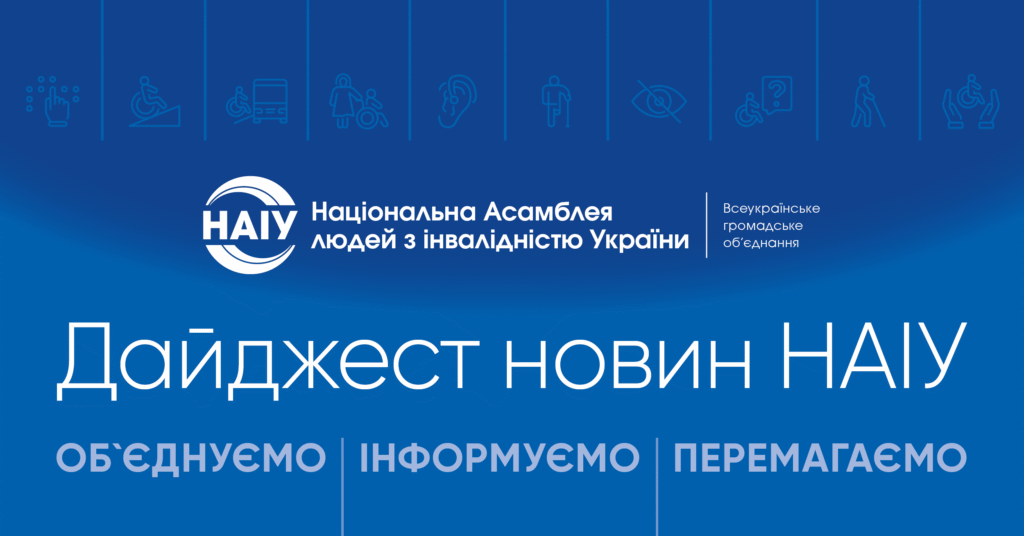For 12-year-old Polina, a girl from the village of Buhaiivka in the Poltava region, the road to school is a daily challenge nearly 10 kilometers long. Living with her father in a remote village, she travels this distance every day to learn, connect with friends, and explore the world.
Due to the lack of public transportation and the poor condition of the road, which is practically impassable, her father drives her to school in his own car and waits for her after classes. The trip takes a significant amount of time — nearly two hours a day — and limits Polina's ability to spend more time with her peers after school.
Polina uses a wheelchair. And like many people with disabilities, for her, the biggest barrier is not her physical condition but the inaccessibility of the environment — especially in rural areas, where infrastructure often remains overlooked. Yet despite all the difficulties, Polina remains cheerful, curious about the world, and eager to grow and develop.
She is passionate about nature. She can spend hours observing the lives of insects, birds, and small animals. She also loves being creative — sculpting with modeling clay, drawing, and enjoying cooking.
Recently, her daily life became more comfortable thanks to a new, modern wheelchair she received as part of the project “Multisectoral Inclusive Humanitarian Aid for IDPs, Returnees, Veterans, and Host Communities in Ukraine,” implemented by the National Assembly of People with Disabilities of Ukraine. This wheelchair is not just a convenient means of transportation — it gives Polina more independence, freedom, and the opportunity to spend more time doing what she loves.
Polina’s story is a reminder of how important it is to create accessible conditions for everyone, regardless of where they live. And that every child, no matter the circumstances, has the right to grow, be supported, and find joy in everyday life.
Oleksandra Perkova, Communications Manager of the Project








